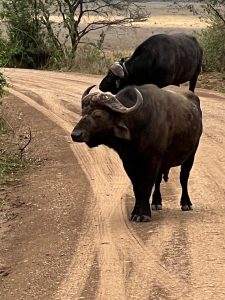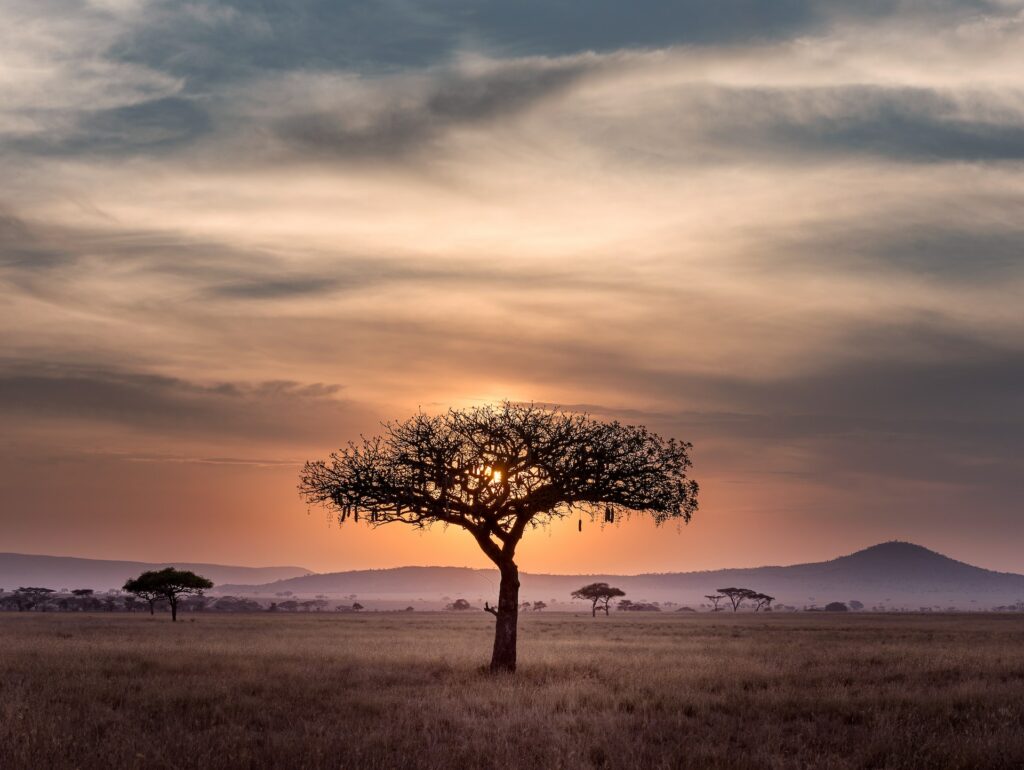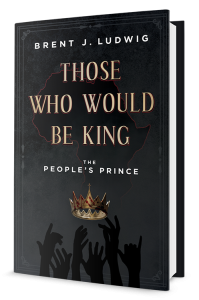Inspiration for Those Who Would Be King
 Finding Inspiration
Finding Inspiration
I have always been fascinated with development in Africa.
In the early 1980s, a family from the farming community of Sussex, New Brunswick, sold their modern dairy farm and moved to Africa. They were the initial family – the pioneers, per se – to be sent to a sub-Saharan African country on a development project.
The plan: to build a functioning, modern dairy farm and to import New Brunswick-raised Holstein cattle, whose milk yields were 5-10 times higher than the local cow, the Zebu. The plan, a joint initiative of the Canadian International Development Agency (CIDA), the Province of New Brunswick, and the local country, was to breed the Holsteins with the Zebu and then process the milk with modern, automated milking machines and proper refrigerated handling lines and storage.
The family signed up for a two-year assignment but returned after only a year.
Red Tape and Corruption
I listened to many hours of stories about the beautiful people, the country, and their way of life. The family obviously really wanted to help the country but had many frustrations and challenges. I was saddened to hear of the red tape and corruption that plagued the project—so much so that they threw in the proverbial towel.
In their view, the country would have challenges unless and until these issues were eliminated.
Visiting Africa
So, after writing the first draft of a book about Africa, I finally hopped on a plane (or three) to go and visit Africa.
I tried to research the location of the farm so that I could go and see it for myself. I received no answers from CIDA or the Province of New Brunswick. And then, I stumbled across a lead in an online newspaper article. It looked like the farm had been converted into a country lodge/hotel.
By this time, I already had my accommodation booked, but I quickly changed my reservation so that I could stay at the very farm my family friends had founded. When I checked into the lodge, the owner met me in the lobby. “What brings you all the way from Canada to visit?” he said, not at all expecting my answer. I said, “This place—this farm—has brought me all the way from Canada. I was very close to the first family that moved here from Canada to set up this farm.”
The owner replied, and with a distinctive South African accent, said, “You and I are going to spend a lot of time together. What’s your plan for this afternoon?” I had to politely decline that afternoon’s visit as I had meetings booked with micro-finance lenders all afternoon, followed by dinner with a friend of a friend who was meant to show me around.
I did, however, spend large parts of the next two days visiting with the owner of the lodge. Between the two of us, we pieced the story together. He didn’t really know the earlier part of the story – he knew that Canadians had built a dairy farm that failed, and he bought it from the government.
The owner had been a farmer in South Africa, and the government was hopeful that this chap could resurrect the farm. As it turned out, multiple Canadian families had come to Malawi between 1981 and 1991. After a decade of hard work, frustration, and challenge, the Canadians handed over a fully functioning modern dairy farm to the local government.
Five years later, all the machinery had broken down, the cattle were starving and dying, and the farm was no more. He bought the defunct farm in 1996, but try as he might, it turned out that he could not resurrect the dairy operation, and he began letting out rooms as a bed and breakfast. He quickly built a few more cottages, and soon had a source of foreign currency, allowing him to expand his farming operation.
Today he commercially farms bananas and other fresh produce for the lodge. He keeps a few cows, and some of them still have Holstein black and white patches, a genetic reminder of the breeding stock originally shipped from New Brunswick!
Incorporating the trip into my book, Those Who Would Be King
I travelled extensively within the country—people introduced to me from afar were eager to take me around and show me their world. I saw tea plantations, met with business leaders, visited a beautiful lake, and toured schools and churches.
I was quite surprised–I had captured the “feel” of the countries I described in Those Who Would Be King extremely well! The parts of my book that dealt with the economic and socio-political elements of the countries I visited were, however, dramatically strengthened and improved by my visit.
It was very well worth it, and I cannot wait to return. My new friends there cannot wait for this book to be published.
***
I look forward to sharing this journey with you. Let’s connect on Twitter, Facebook, LinkedIn, or Instagram; or my newsletter here.
Those Who Would Be King: The People’s Prince is available to order now!

